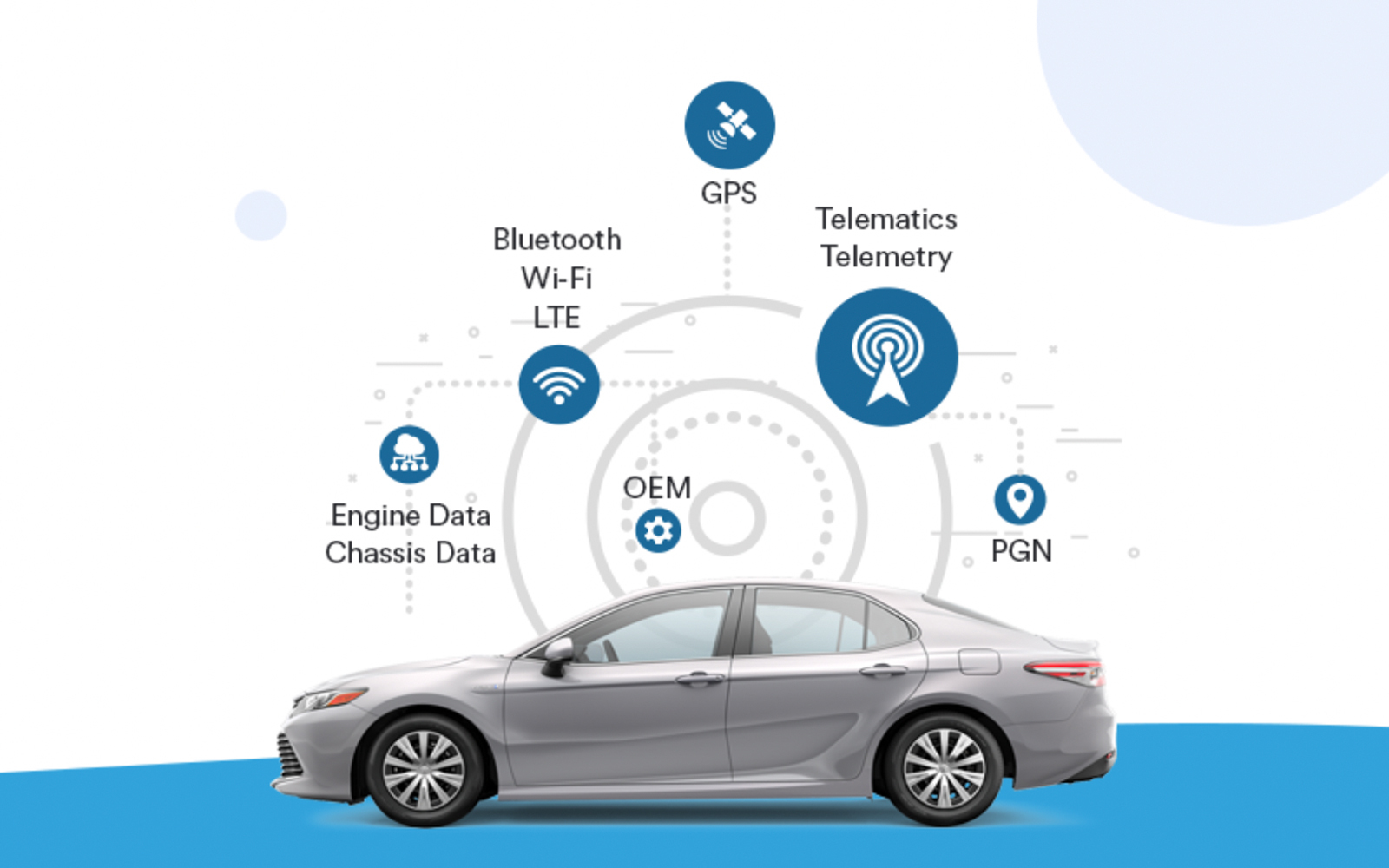While the employer is gathering information about the work-related activities of the employee everything will remain fine.
What might cause any legal claims is the case when the employer wants to track the employee while he is off duty.
Correspondingly, employees do have their private lives, and it is none of the employer’s business.
Further, in this article, you can read and learn tips that can help companies avoid legal claims when applying GPS employee tracking into their daily work life.
So, let’s take a look!
1. The Law & GPS Tracking
Thanks to the rise of the technology, companies nowadays have the chance to have a clear insight of all activities going on in their company on a daily basis.
Unlike it was the case before the rise of the GPS employee tracking.
Therefore, the rise of the technology brought many tools that seem to provide help to owners, fleet managers as well as employees.
So, there is no doubt that the GPS brought numerous improvements in various industries.
So, looking at the laws for GPS tracking, we can see that it is generally legal to use GPS tracking solutions if:
- You or your company own the vehicle or the asset that you are tracking;
- If you are tracking your children- who are under 18;
- If you are tracking a vehicle or asset for which you have a legal repossession for;
- If you own the vehicle or asset that might be taken/stolen from you;
On the other hand, it is illegal to use a GPS tracking solution:
- If you are tracking partner or employees without their knowledge;
- If you are not the owner of the vehicle or asset that you are tracking;






